Teachers should be politically impartial in the eyes of students. Classrooms are a space where students deserve to feel welcomed and valued, not pressured to conform to the teacher’s beliefs.
A crucial part of a child’s education includes the development of their thoughts and beliefs. Although one-sided beliefs from parents, social media and other sources may be unavoidable, school should be a place where students are not fed biased information.
Children are extremely impressionable, and teachers play a crucial role in every child’s life, which makes a teacher’s opinion fairly significant.
There are policies passed by the Virginia Beach City Public Schools School (VBCPS) Board to keep teachers from injecting their opinions into their lessons. Teachers must “address political topics as impartially and objectively as possible, and not allow personal biases to intrude or interfere with professional judgment,” according to sections 4 through 23.3 in the VBCPS policies and regulations bylaws.
In order to maintain a fair and balanced classroom, teachers need to remain neutral.
“Political issues are necessary to discuss, but teachers cannot put one side over the other,” Superintendent Dr. Donald Robertson said.
On the other hand, political opinions may be beneficial in the classroom, according to some students.
“I believe political opinions do belong in a classroom. I feel it gives students more to talk about and opens up their brain to more ideas,” sophomore Trinity Buchanan said.
Although teachers are not allowed to directly share their opinions, some students feel that knowing their teacher’s stance could be beneficial. Teachers have also stated that students should be encouraged to stand up for what they believe in and taught how to respectfully respond to differing opinions.
Good, valuable opinions are based on evidence and personal values, not someone else’s. This is true for every single person, not just students in a classroom, but is especially important for the growing mind. That said, political opinions need to stay out of the classroom to prevent biased ideas from being pushed onto children. Remaining neutral, especially in discussions on the topic of politics, is imperative and essential for maintaining a healthy and meaningful learning environment.


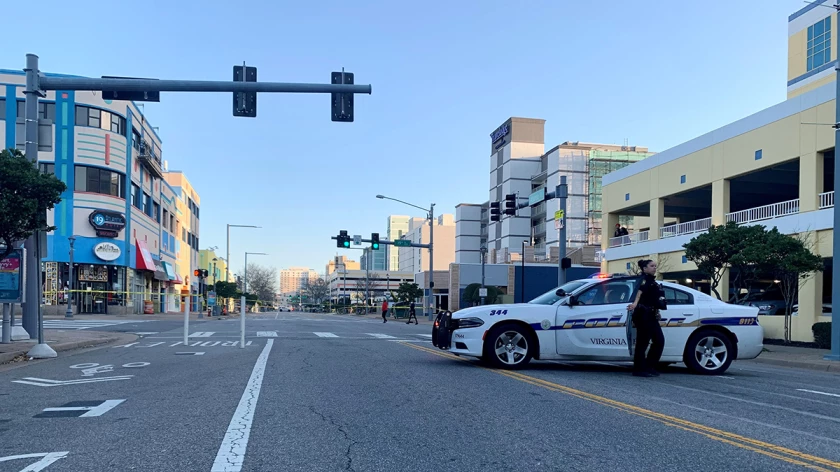


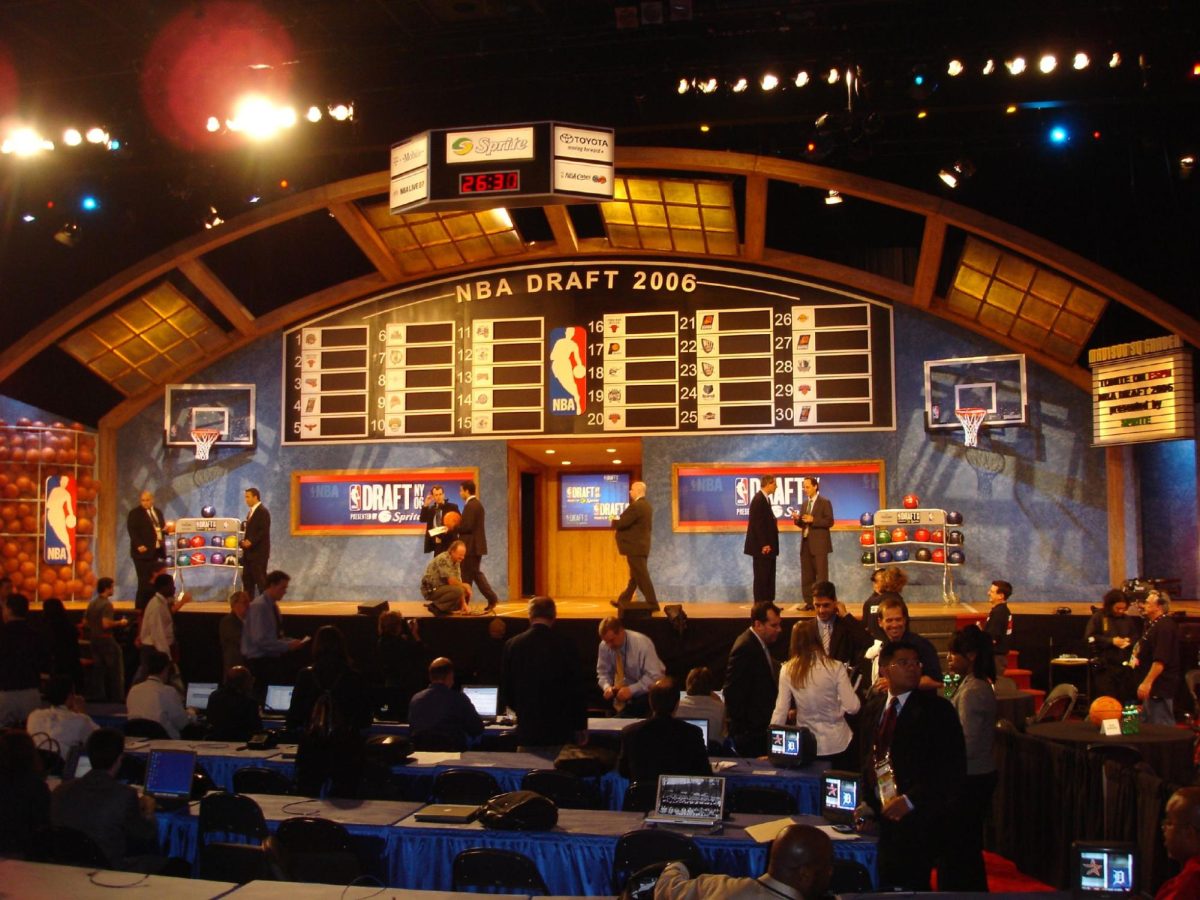

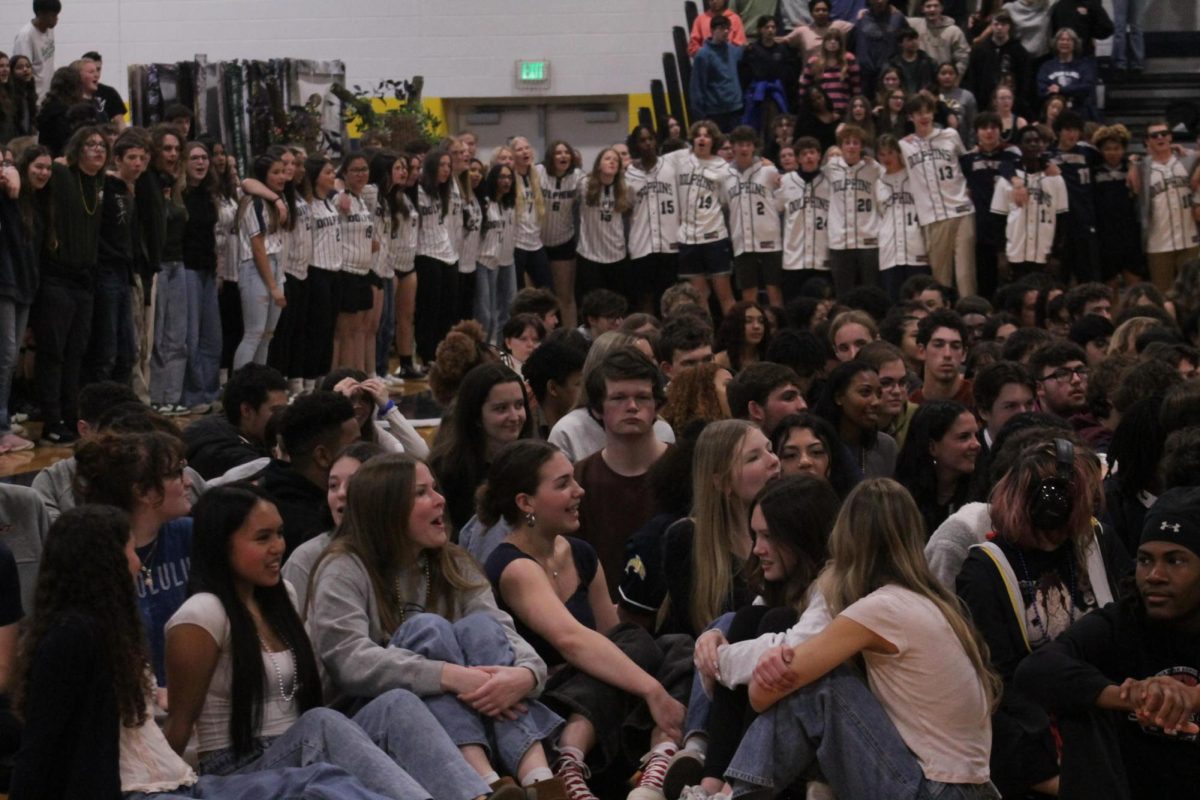


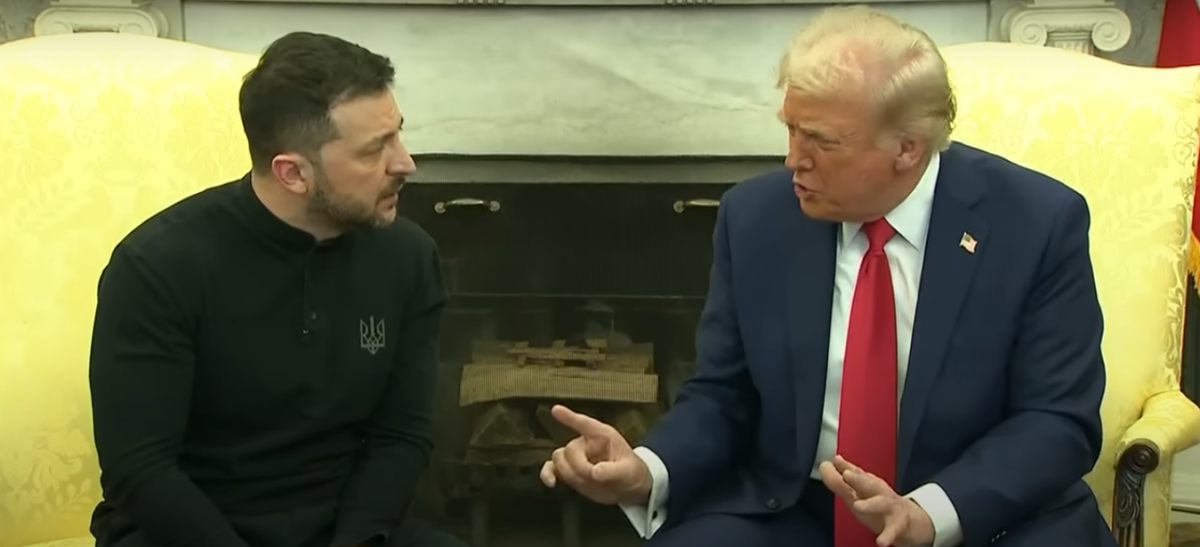
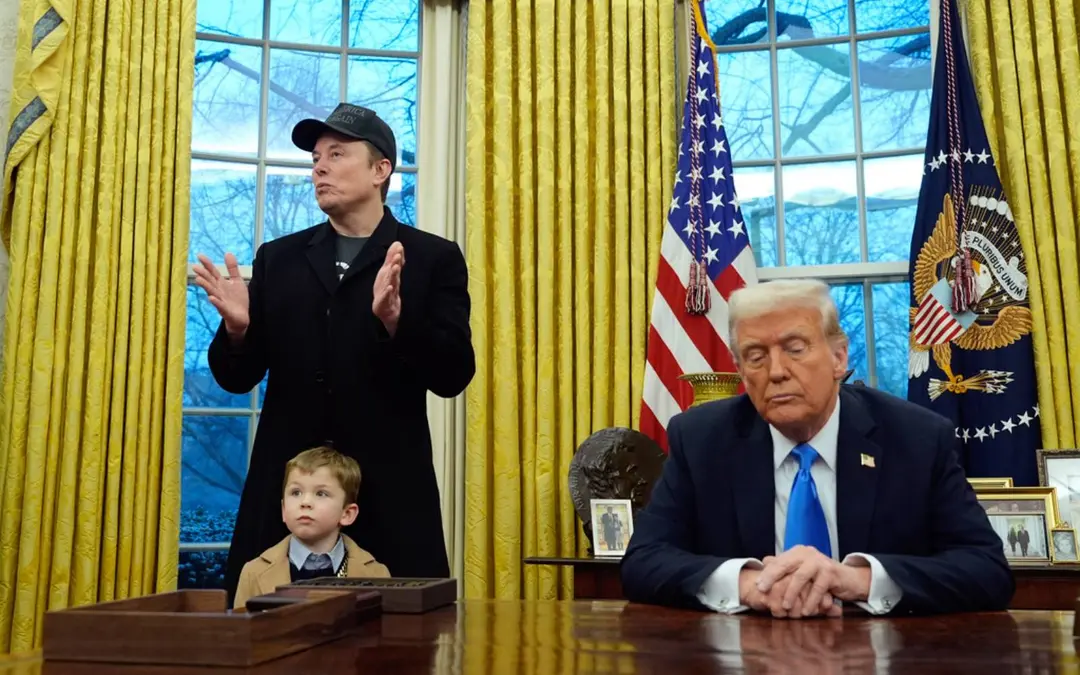

Ani • Nov 26, 2024 at 11:29 am
I think if politics affects the instruction, then yes it should be out of the classroom, but some classes are political ie AP Goverment and AP Lang (some of the assignments we do like current events can be political.) By suppressing political expression in these classes would be disastrous and lead to lesser engagement and interesting in the instruction. Also, what about history it is inherently biased towards liberals, because that’s just the general social bias. My point is things will always be political, but as long as it doesn’t affect instruction, then it shouldn’t be suppressed